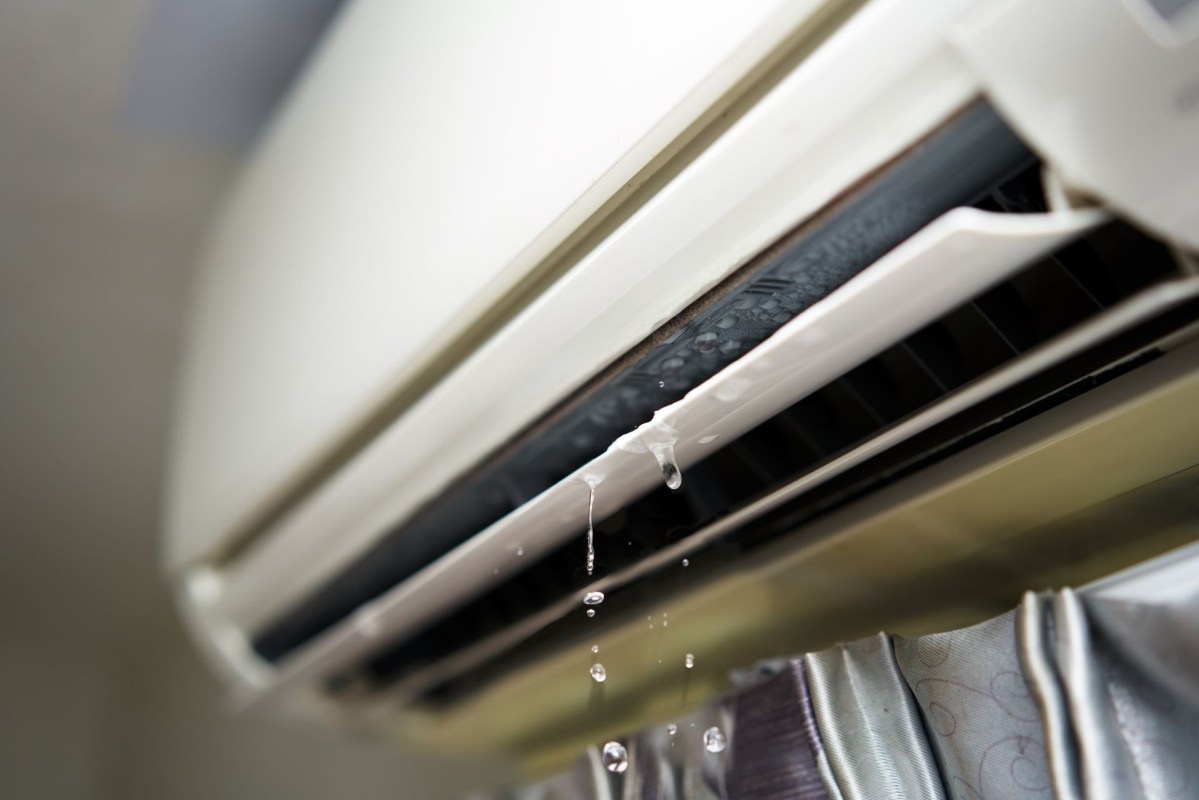A leaking AC might be a problem for some — but with some creative thinking, this Reddit user has turned it into a solution for their composter.
In the subreddit for composting, the poster shared a picture of their at-home composter, having moved it there after noticing their AC was dripping excess moisture onto the ground.
🗣️ If you compost your food scraps, what's your primary motivation?
🔘 Improving my garden's soil 🌱
🔘 Saving money on fertilizer 💰
🔘 Helping the planet 🌎
🔘 I don't compost 🚫
🗳️ Click your choice to see results and speak your mind
"I realized it would be a good source of moisture composting oak leaves," they wrote. "The bin in the image (made from old damaged bit of MH skirting) holds about 6 cubic feet of leaves."

After a short while, they investigated the effects and found that the compost was warm, highlighting that it had already started the process of composting the leaves. The poster said they expected that the slightly higher temperature of the water is doing an excellent job of starting this process, while also cooling down the inside of the house.
"This seems like a win-win arrangement to me," they said. "Contemplating expanding that bin to one that holds 8 or 10 cubic feet of leaves."
Finding clever ways like this to use what's already available to you is an excellent example of how sustainability doesn't need to cost the Earth. While you could pay hundreds of dollars for a professionally designed composter, this highlights that you can put your garden waste and excess water to good use.
Creating your own fertilizer means you can have all-natural products to help your garden or house plants grow taller and stronger — without costing you any extra money.
"Smart!" commented another Reddit user. "I like to plant plants or put potted plants underneath the hose leaks outside. Might as well use the water."
Another had a bit of advice for the original poster, writing: "I'd pull it away from the foundation a bit. My spigot was leaking for a while because I was lazy, and a bugman found termites in the crawlspace right there. The permanent moist spot was a haven for all buglife."
Join our free newsletter for easy tips to save more, waste less, and help yourself while helping the planet.









